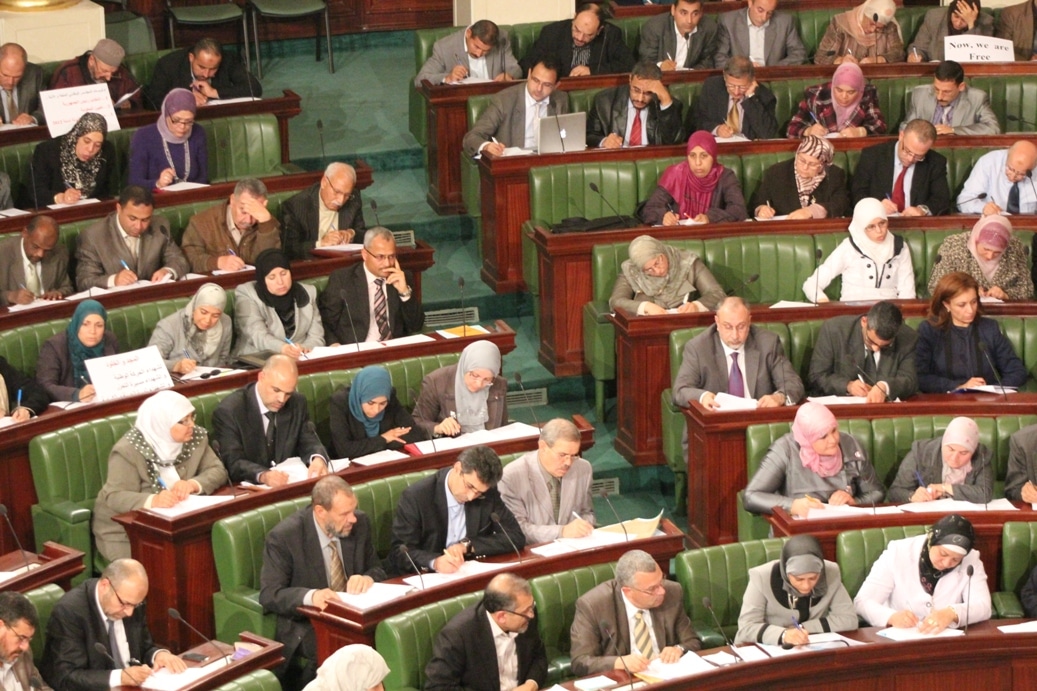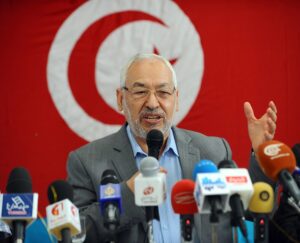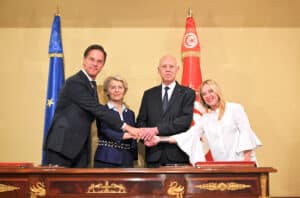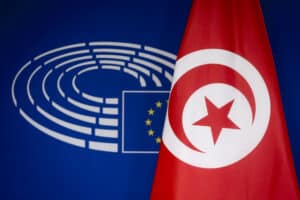On 16 January, Tunisian prime minister Hichem Mechichi announced a reshuffle in his cabinet. Wanting to replace 11 ministers, he needed the approval of parliament first. Ten days later, on 26 January, parliament voted confidence in the new ministers. President Kais Saied was not happy with the reshuffle and even stated that it was against the constitution. Saied said that before parliament can vote, the presidency has to agree and that did not happen. He also noted that there was a lack of female ministers amongst the replacers.
New ministers accused of corruption
The reshuffled positions are the Minister of Justice, Minister of State Property and Land Affairs, Minister of Local Affairs and Environment, Minister of Health, Minister of Industry and SMEs, Minister of Energy and Mines, Minister of Agriculture and Water Resources, Minister of Culture and Heritage Development, Minister of Vocational Training and the Minister of Youth and Sports. They are all affiliated to three political factions, namely Qalb Tounes, Tahya Tounes and the Reform Bloc. Surprising is the fact that three of the new ministers are accused of corruption. This contradicts why the changes were made in the first place, since Mechichi’s goal was more efficiency and less corruption, a point made by the president himself as well.
Young man killed during protests
While the Members of Parliament were debating about voting confidence in the new government, hundreds of demonstrators gathered in front of the parliamentary building to protest against the political, financial and social crises in the country. They feel that 10 years after the start of the Arab Spring, their lives continue to deteriorate without any prospects. In a response to the police killing a young man, who was hit by a tear gas canister a week ago, the protestors clashed with the forces, after which water cannons were used. Tunisia has seen intensified unrest, protests and riots on a daily basis for two weeks now.
Poisoning attempt on president?
The unrest has found its way into the presidential palace as well. On 27 January, a letter addressed to president Saied was found to most likely contain poison. It was opened by the president’s chief of staff, who found the substance. He was not harmed and handed the mixture over to be investigated. Even though the presidency did not officially state whether it was poison indeed, different media and the Algerian president described the incident as a poisoning attempt.
Sources: Alaraby, Aljazeera, TAP1, TAP2, TAP3, TAP4
Image: Wikimedia



